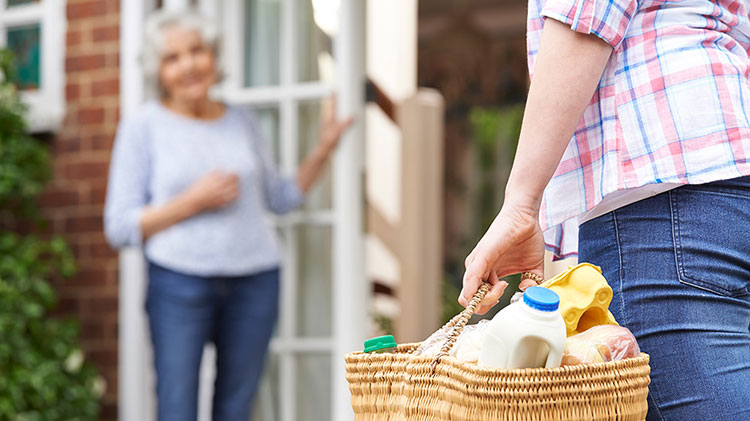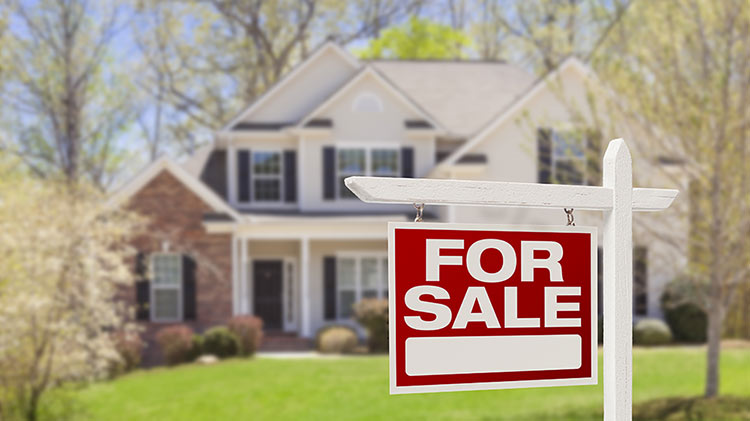Helping my neighbor: Signs they may be in need
Here are signs that your neighbor needs help and how to lend a hand.
Most of us have a neighbor of some sort or another. That person may live miles away or just across the hallway. But many people, particularly neighbors without family or friends nearby or senior neighbors, may be at greater risk of isolation and loneliness. These burdens can have a serious impact on well-being: Social isolation increases the risk of premature death from all causes, according to the National Academies of Sciences, Engineering and Medicine.
No matter who you live next to, it pays to learn how to be a good neighbor and look out for one another. Here are signs that your neighbor needs help — and ways you can reach out.
Unopened mail and unclaimed packages
An overstuffed mailbox, newspapers that aren't promptly retrieved and packages that sit for days or more at a front door are all signs that a neighbor is either too ill or too overwhelmed to keep up with those daily tasks.
How you can help: Ideally, when you or the neighbors first move in, you would exchange information such as phone numbers and emails as well as emergency contact information. That way you have multiple ways of trying to reach them or a loved one in case of an emergency. If you don't have this information, simply check in and say "hello." Sometimes it seems like knocking on the door can be an imposition — but the simple act of seeing your neighbor, face-to-face, builds connections.
A change in your neighbor's routine
Even if they live alone, many neighbors have well-established and visible routines, such as going for a walk at a certain time during the day. If that routine changes for more than a day or two, it may be cause for concern.
How you can help: First, take note of your neighbor's patterns — not to be nosy, but so you can notice if something is amiss and observe if your neighbor needs help. In that case, use your emergency contact information if you're unable to reach your neighbor in person.
Extremes in weather
Particularly for senior neighbors, snow, ice, heat and cold can pose dangers if they try to leave their homes.
How you can help: Talk to your neighbors in need ahead of time and offer to retrieve groceries, shovel walks or run errands should conditions in your area worsen.
Yard upkeep or home-care issues
Take note of small changes in the outward appearance of their home or yard. For example, is the typically meticulously manicured lawn in disarray? Or, have you noticed damaged gutters, broken shutters or windows or other home-care issues? This may be a sign that your neighbor needs help.
How you can help: If you're comfortable, try to gently approach the issue with your neighbor and ask if they need assistance with tasks around the house outside. You may not be able to fix the gutters, but you may be able to help with other things, like mowing the lawn or putting out the trash bins. If you're not familiar or comfortable with your neighbors, consider contacting community resources who may be able to help.




